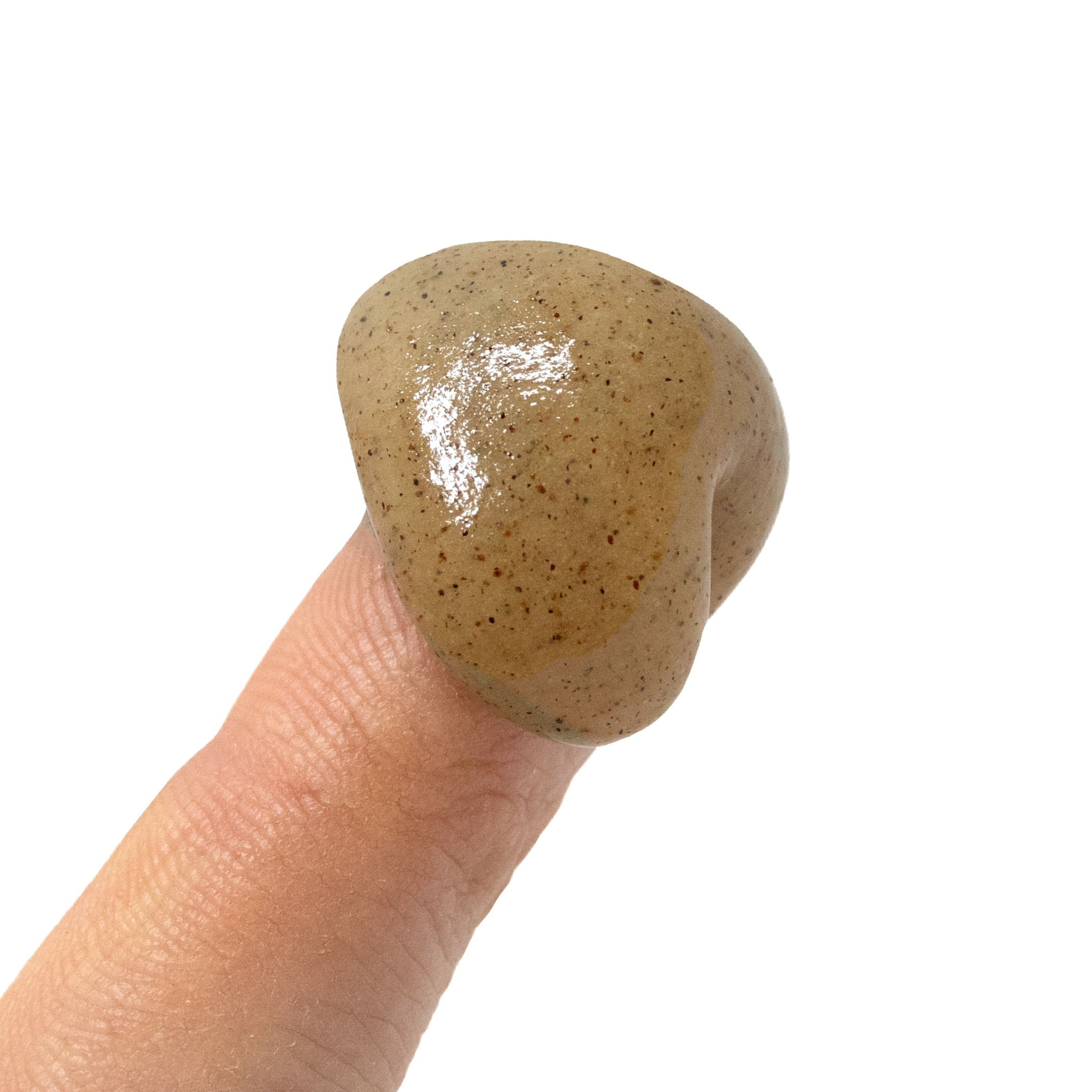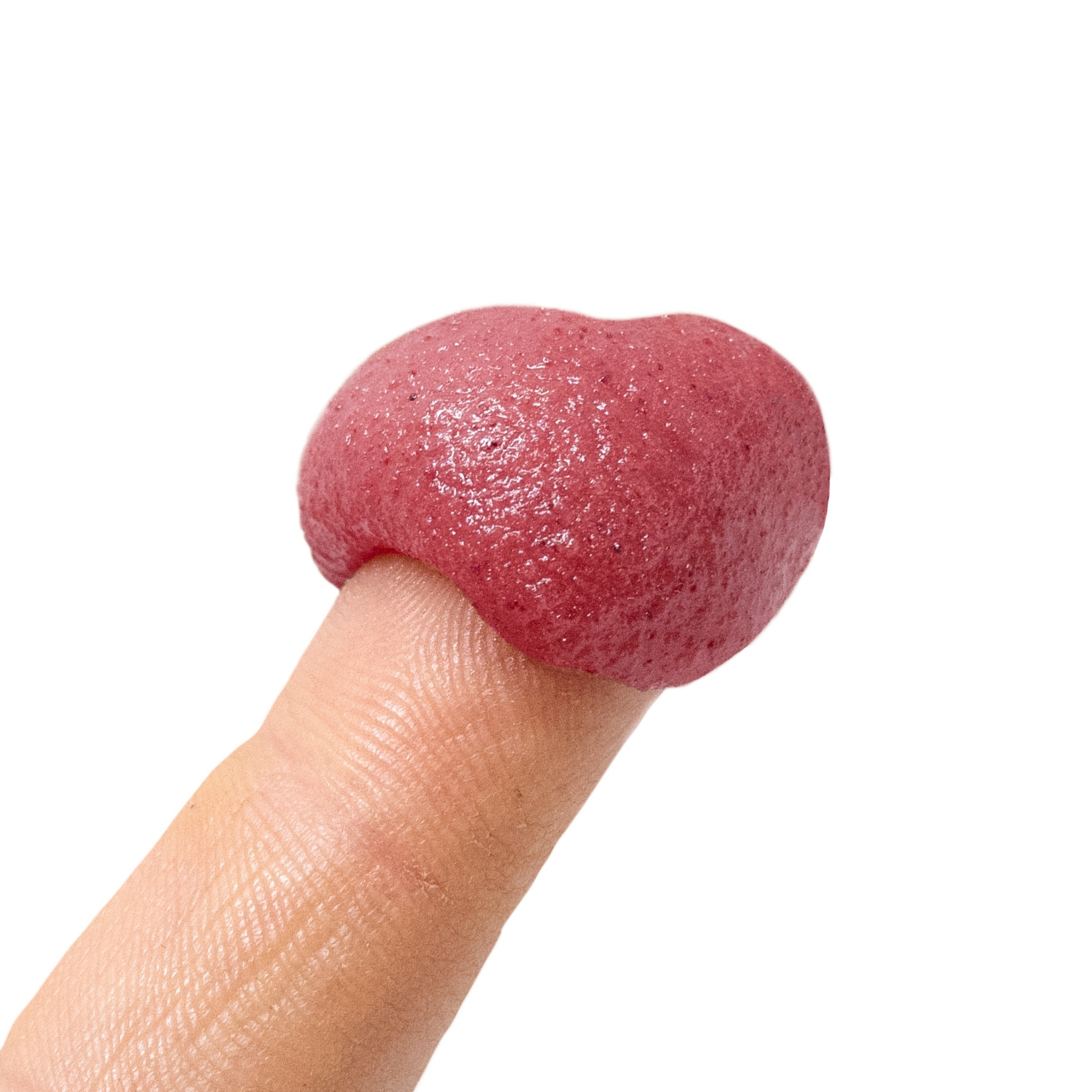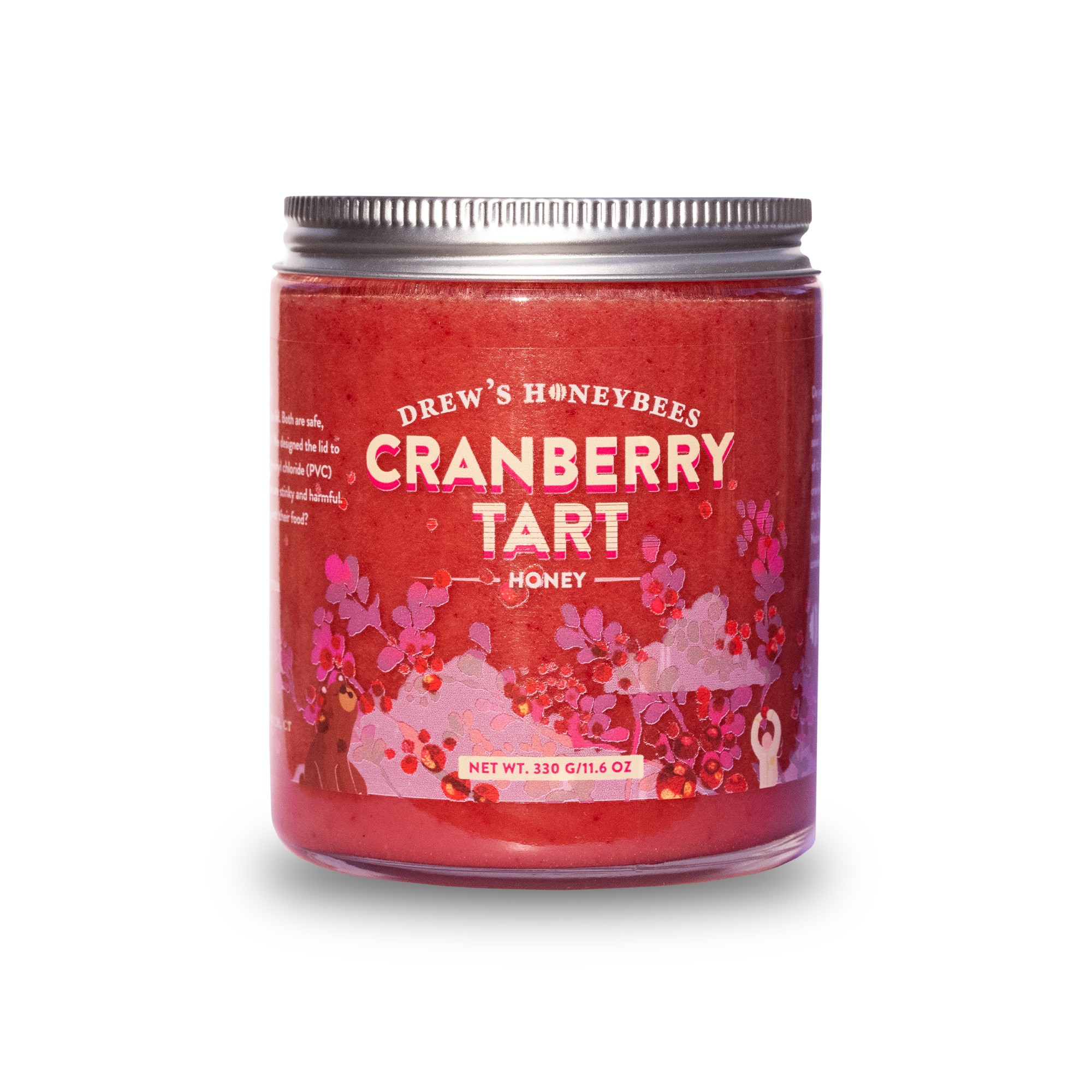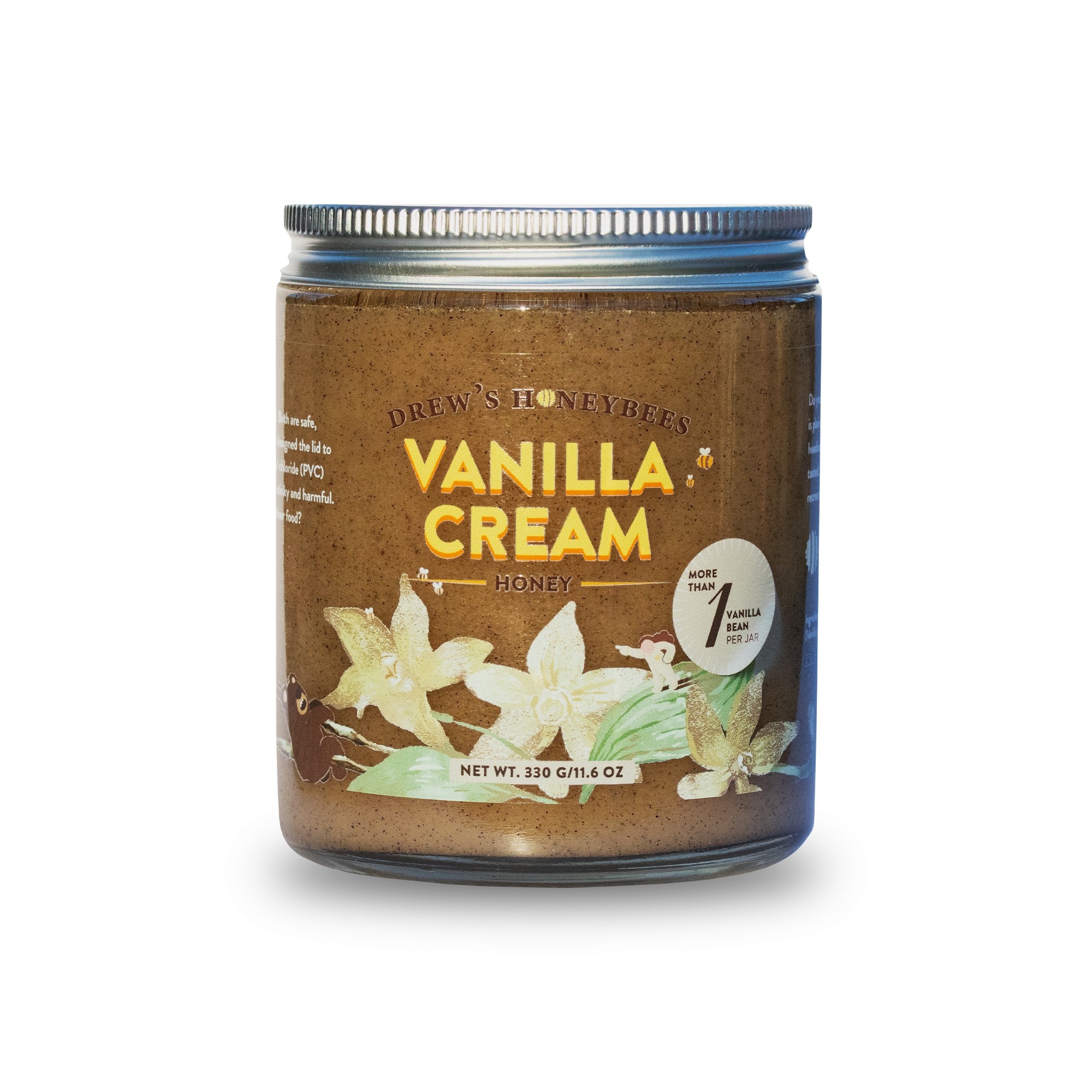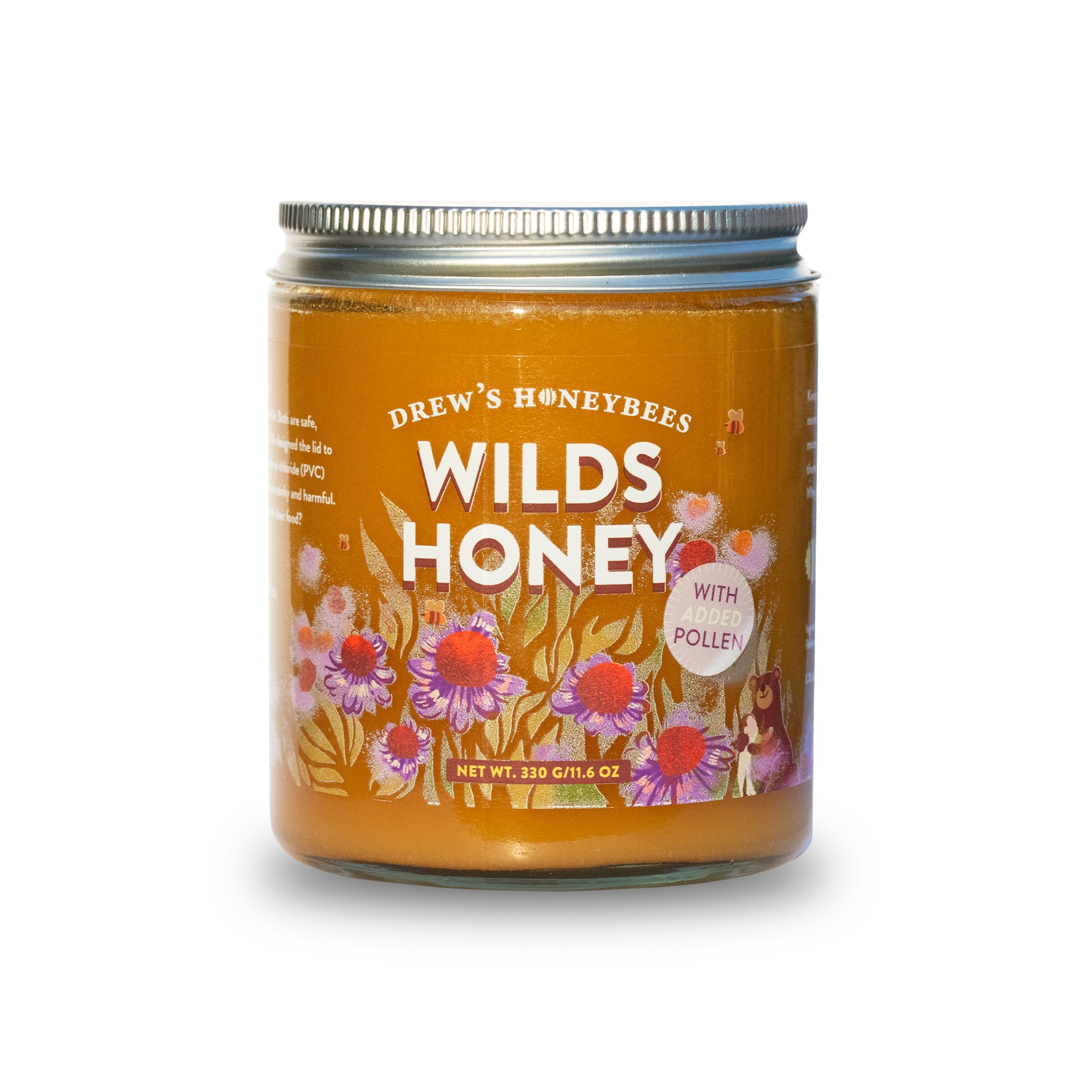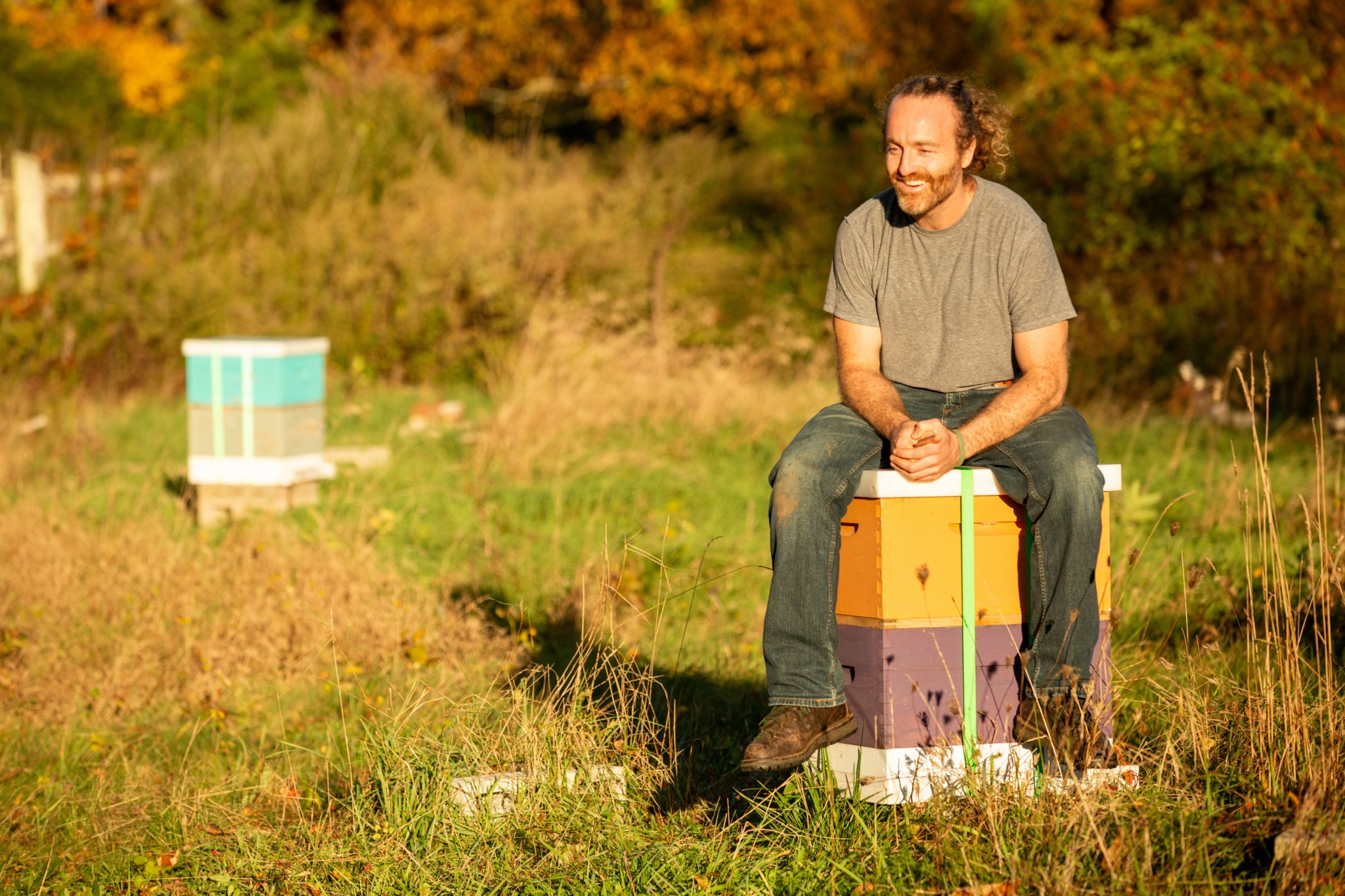We’re excited to introduce you to the always interesting and insightful Drew Burnett. We hope you’ll enjoy our conversation with Drew below.
Drew, appreciate you joining us today. We’d love to hear from you about what you think Corporate America gets wrong in your industry and why it matters.
Innovation is the dreaming and realization of new ideas. Large, established corporations that dominate the consumer goods market do not value innovation. They are organizationally and creatively obtuse to innovation. They don’t have the values or pluck to innovate. I speak with knowledge of the wellness industry, but the rot is broad in consumer goods. The reason is simple–big companies do not innovate because they do not try.
Big multinational corporations are bad at innovation for many reasons. I’ll highlight only three. Big companies are beholden to tradition. This is reasonable. If the tradition has piled billions and still yields shareholder profit, why rock the boat? Moreover, we measure profit quarterly. In consumer goods, if you quantify success or failure every ninety days you won’t try to innovate beyond plastic. Government funded basic research has yielded many promising candidates to replace plastic–all the function with none of the human-ecological harm. But at the end of ninety days, any effort to replace plastic will only be a sizable loss. The worst plastic offenders–Coca-Cola, Pepsi Co. and Nestle–lack the pluck to strive.
Big companies don’t invest in innovation (or much else for that matter). According to economist William Lazonick, between 2008 and 2017, companies in the S&P 500 spent 53 percent of their profits on buying their own shares to inflate their stock price. Prior to the Reagan administration this was illegal market manipulation. In the same time period, big companies gave another 35 percent to shareholders and executives as dividends. This means that for every dollar earned, eighty-eight cents went to benefiting shareholders. It did not go to research and development, worker training, pay or benefits. It did not go toward equipment, facilities, partnerships, or process improvements. And then the coup de grâce–we tie executive compensation to stock price. The goal for executives is one figure–stock price, which we measure every ninety days. We have chosen a perfect storm of nothing.
The lack of innovation is greatest in consumer packaged goods. Don’t expect much from us. We don’t have the heart to try.
For a contrast, let’s look at DHB. This is self-serving, but it’s also true. So there’s that. We take a longer timeline to free our minds and passions to innovate. Our shareholder (me) cares about good acts upon earth in this fragile moment of life on earth. We’re backed by a helluva bee too. Tell her she don’t matter. Say the word “can’t” around her. Be prepared to flee.
And what are the results? Drew’s Honeybees has innovated. We have innovated in honey products. We have innovated in farm laborer treatment. We have innovated in the chemistry of antioxidation–longer lasting natural products. We have made a better lip balm tube. We did not because it was easy, but because it was hard. We began our odyssey without the privilege of money, relation, contacts, education, expertise or partners. We innovated because we care to innovate. We care to realize a better thing. We prioritize innovation. We destigmatize failure–at least we had the courage to try. Innovation is in our culture, bone, sinew and blood.
When pursuing innovation, we cared that our innovation was actually better. Notably, Drew’s Honeybees did not sign onto the cardboard tube. The problem with cardboard is that it’s cardboard; the oils in lip balms make cardboard gross. We did the barest of due diligence–we asked what manufacturers treat the tubes with. The way to make the cardboard tubes less messy is to bathe it in per- and polyfluoroalkyl compounds (PFAS). PFAS is a forever chemical, it’s toxic, and it builds in our bodies to no good end. My values don’t allow me to choose that for you. I could choose it for me, but I wouldn’t. Aye, that’s the rub.
We did what Clorox (Burt’s Bees) didn’t do because we went after it with our whole soul. We now invite them to join us in broadening a good thing.
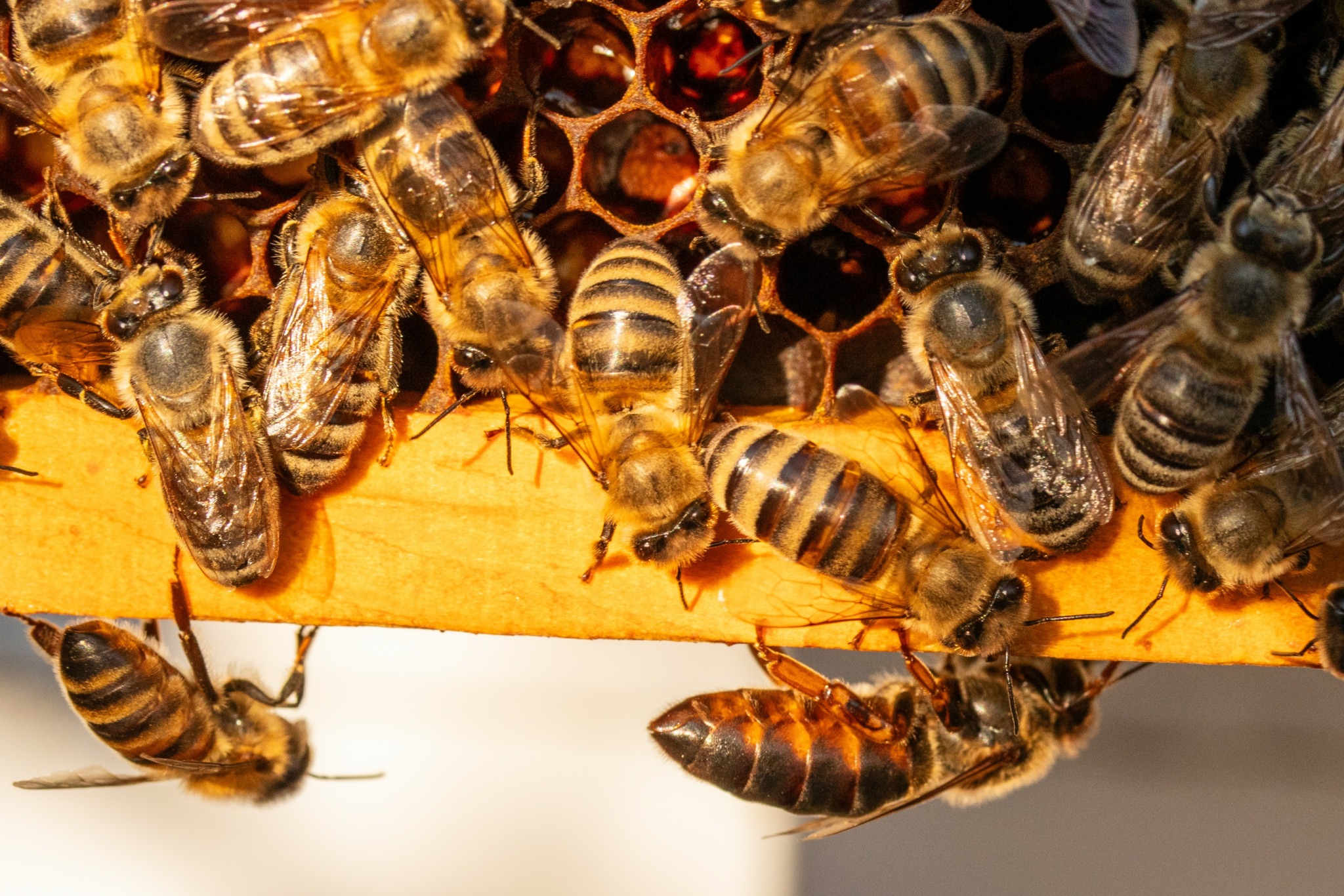
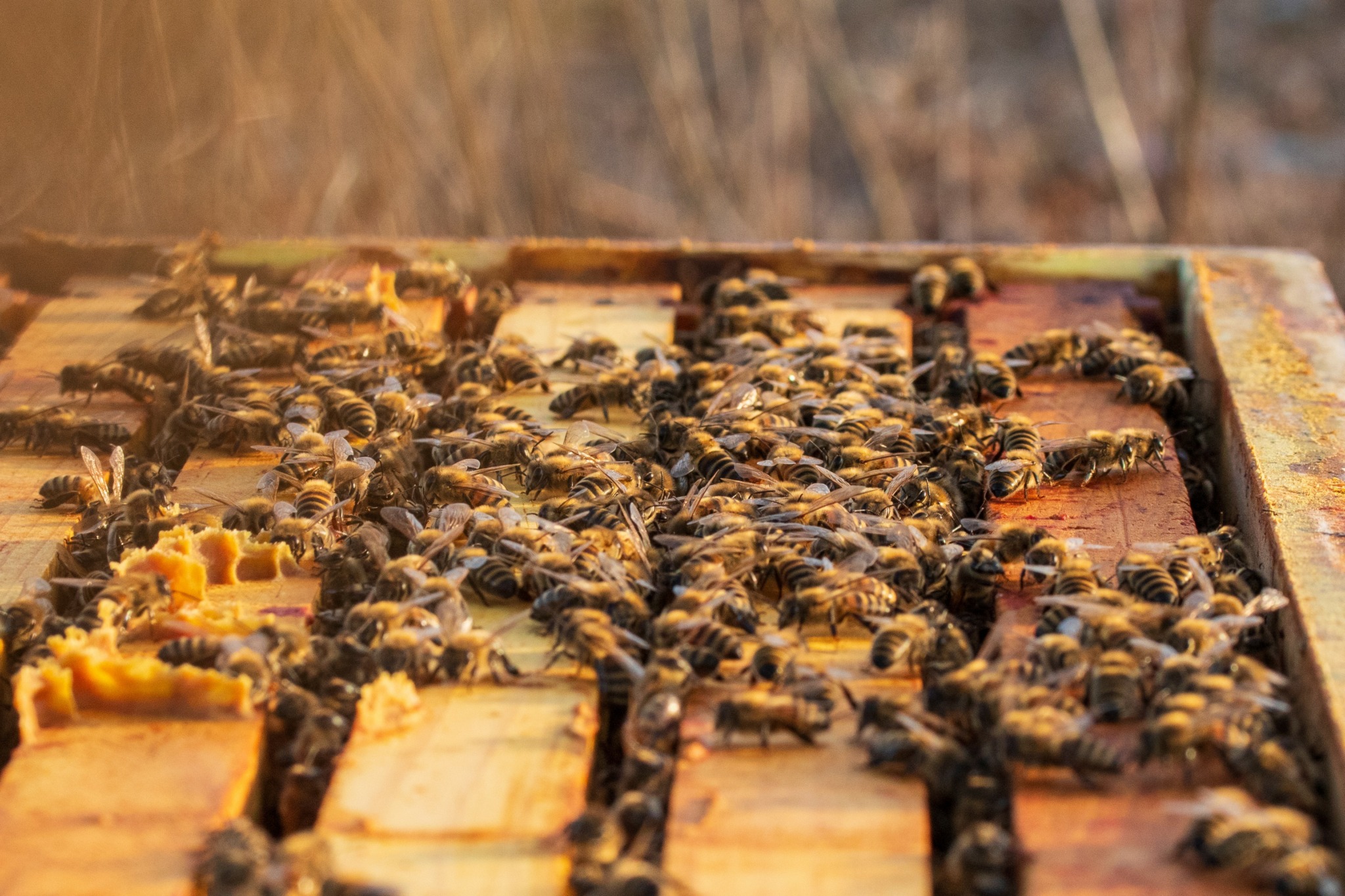
Drew, love having you share your insights with us. Before we ask you more questions, maybe you can take a moment to introduce yourself to our readers who might have missed our earlier conversations?
I am a beekeeper. I’m also a former teacher. I struggled in teaching. I felt like it was my job to intercept to many systemic societal failings. We didn’t have the training, resources, time, or support. I carry the hope of an educator with me.
We hope to solve intractable problems with solutions that are honestly better when assessed with evidence, not wellness woo-woo weirdness. Our most exceptional aspect is that we did it hustle and pluck–without outside venture financing. We are beholden to a bee. We owe her.
I am most proud of the DHB team. That I, with all my flaws, lead such a sharkish team is the grandest privilege in my life outside of family and friends.
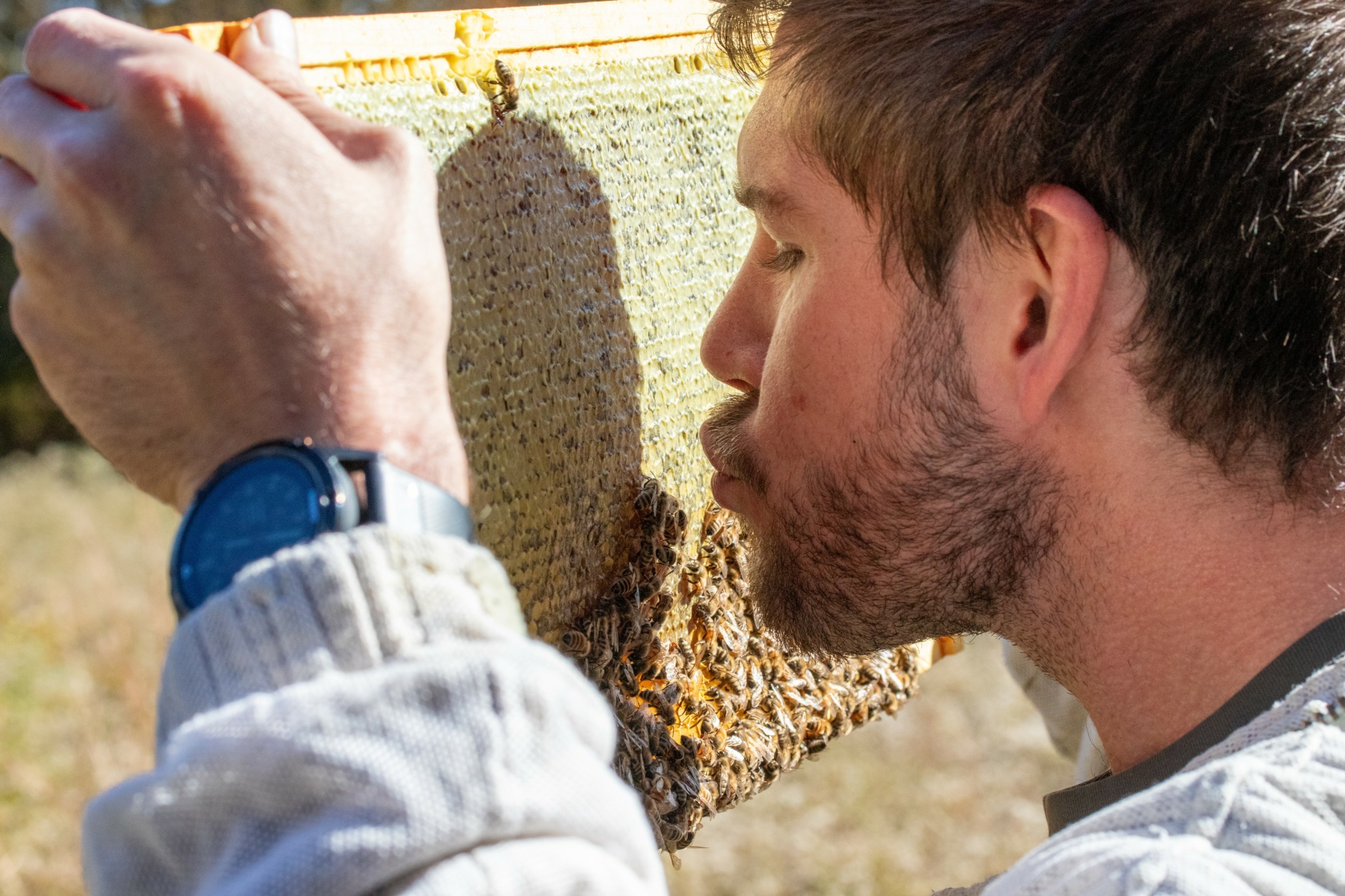
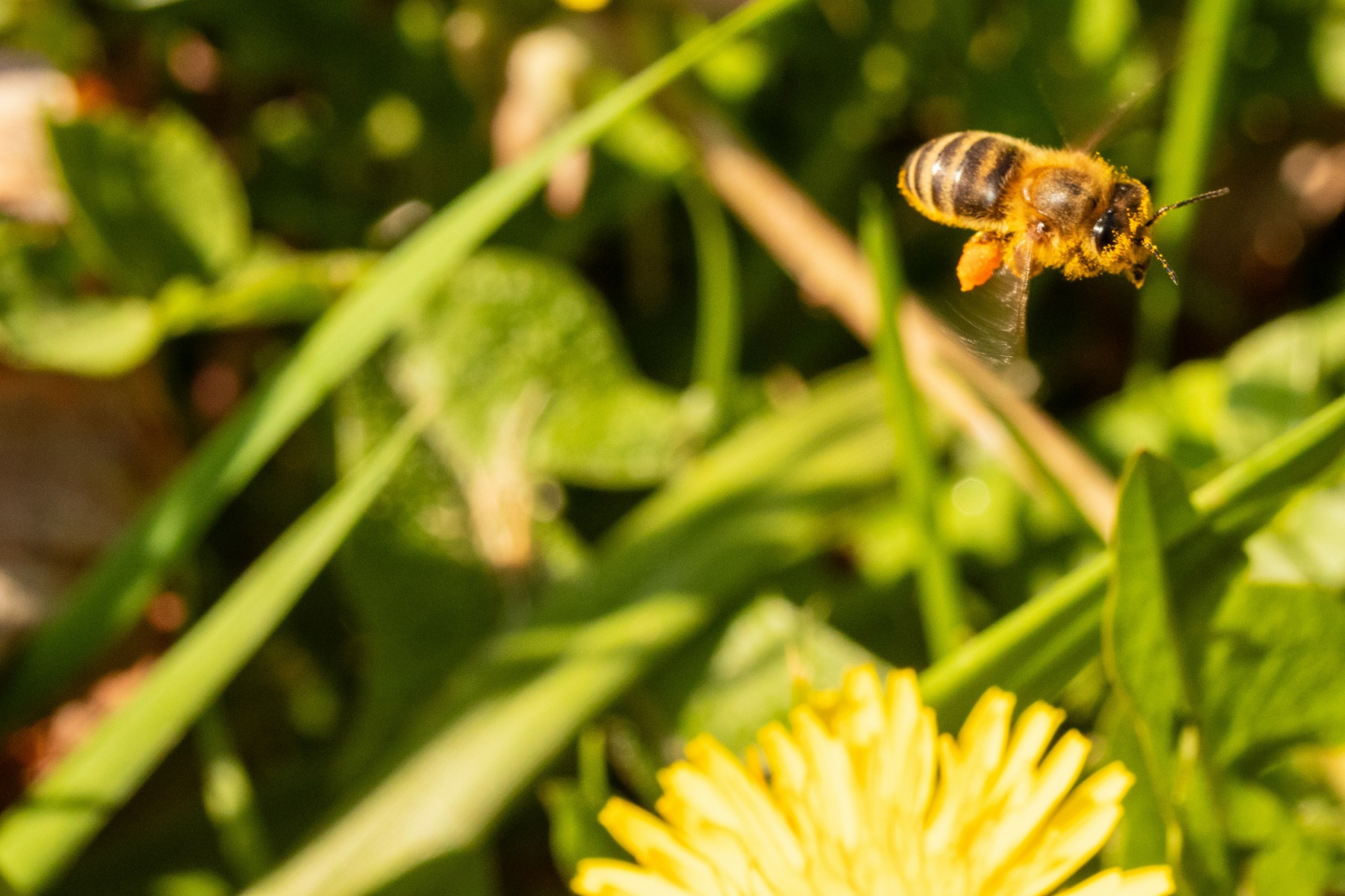
Can you share a story from your journey that illustrates your resilience?
I can share a story of resilience. Alas, it is not mine. Drew’s Honeybees failed. I sent that message to this team that, due to me, our dream would not be. I stepped away from communication for a week or so. The team did not give up. They looked, and pondered, and pondered some more.
Upon learning the team had not quit my first reaction was anger. They hadn’t stopped. In the ego of hurt, I felt they were raking me over the coals again. Slowly, buoyed by the grace of a team, we made one more go on a thorny material science problem–a better lip balm tube. This time we tried in aluminum. I labor well, but I struggle with diligent application of my mind. Material science requires so much of that. We have a team that draws upon the various, contrasting strengths of the people who comprise it.
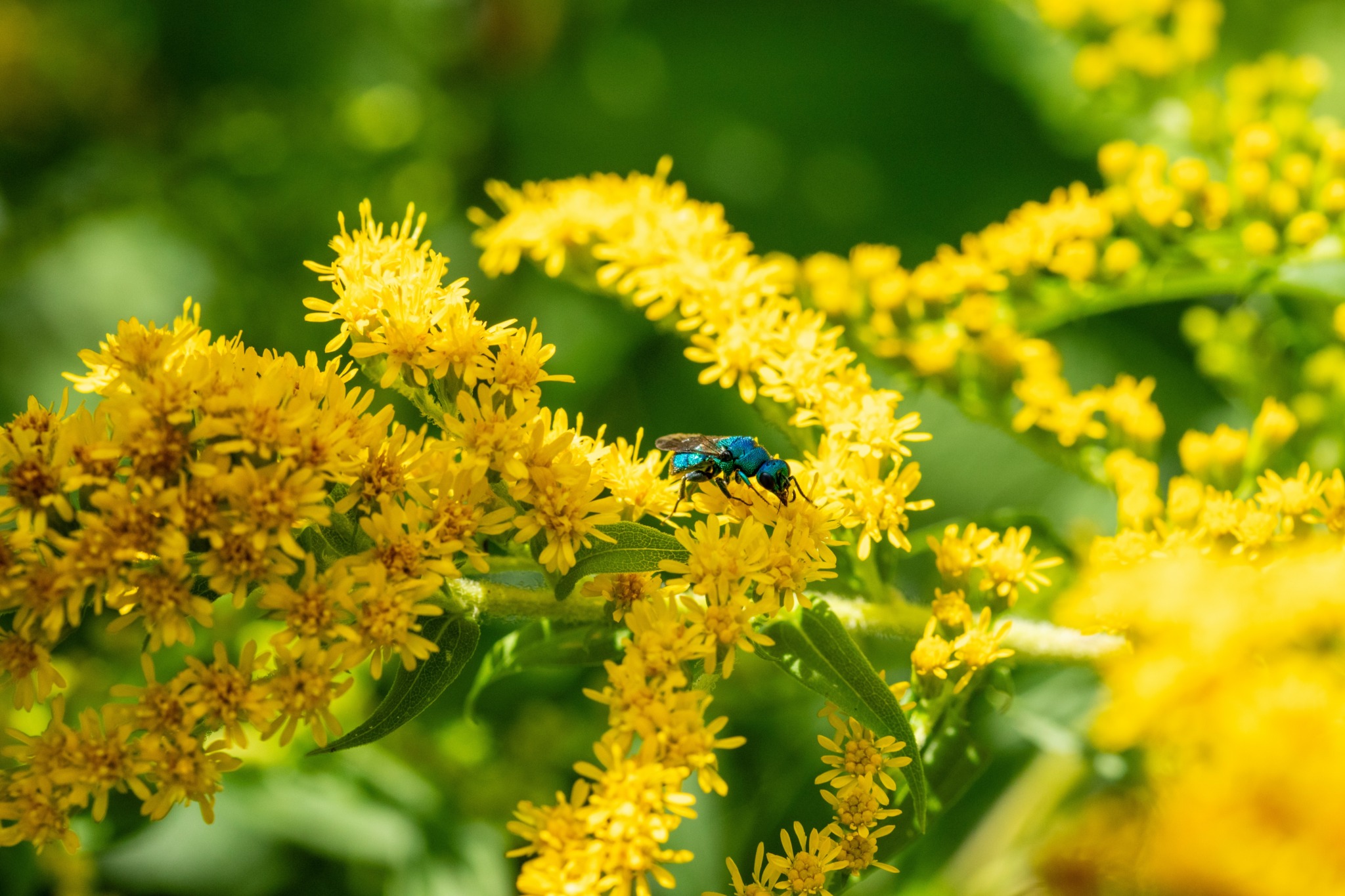
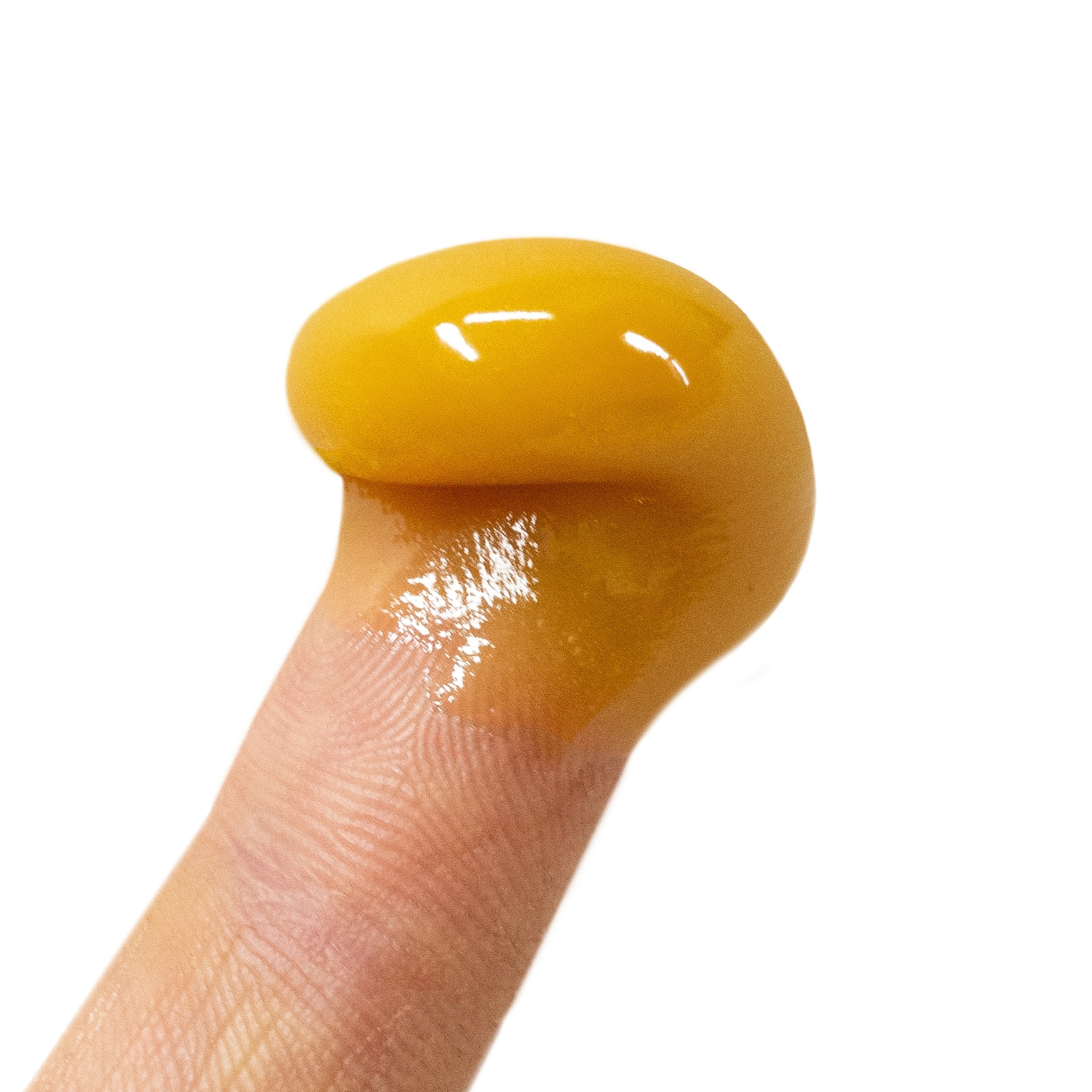
Can you talk to us about how you funded your business?
We are a capitalized by the honey bee. We actually come from, and remain, in honey bee agriculture. Our bees are not just branding, so much marketing. We are funded, inspired, heartened, strengthened and broadened in both mind and spirit by pollinator ecology. In bee brands, we’re the Real McCoy.
Contact Info:
- Website: https://www.drewshoneybees.com/
- Instagram: @drewshoneybees
- Facebook: @drewshoneybees
- Twitter: @drewshoneybees
- Youtube: @drewshoneybees
